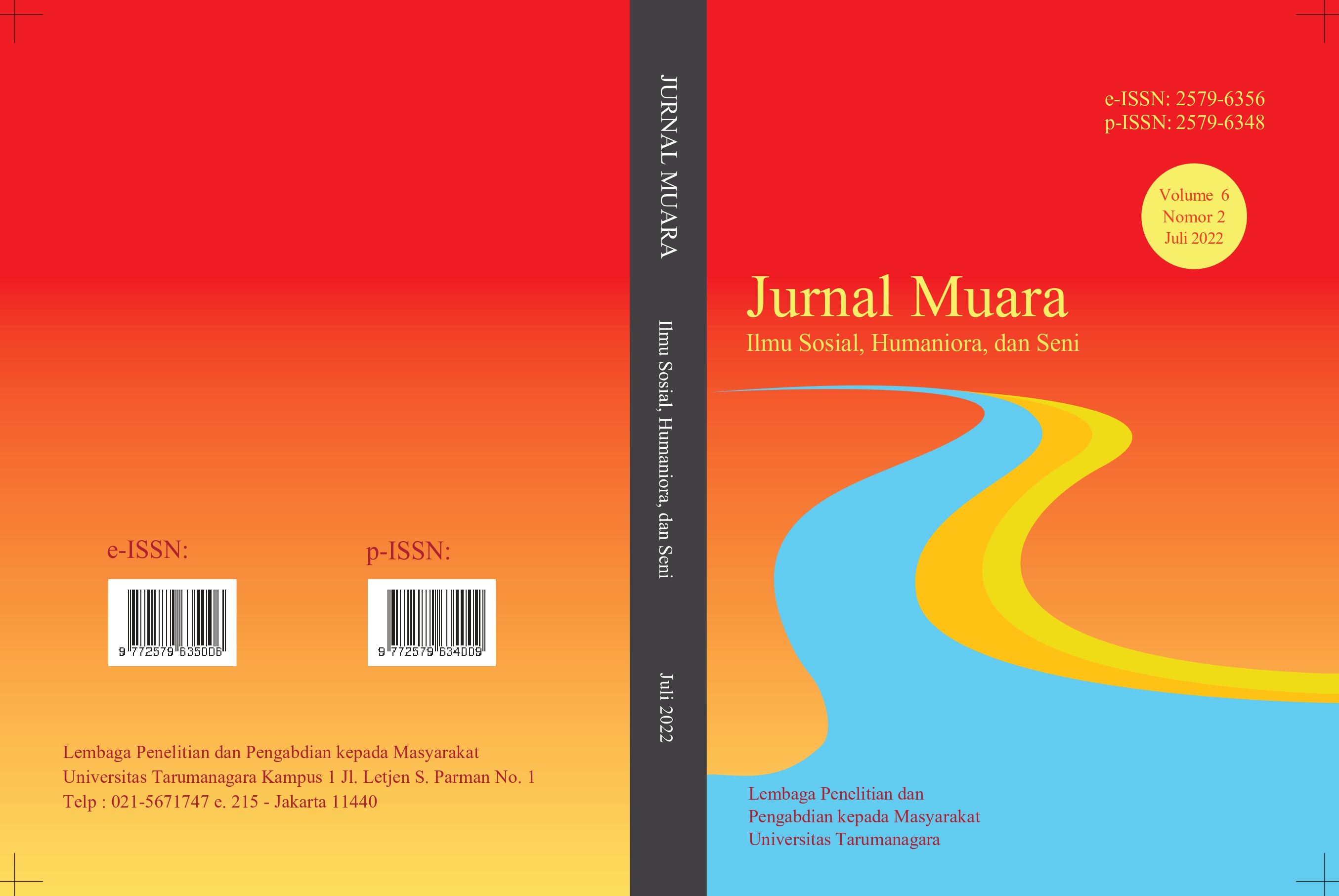BELAJAR DARI RUMAH PADA MASA PANDEMI COVID 19
Main Article Content
Abstract
Teachers, students and parents have an important role in learning from home during the COVID-19 Pandemic. This study aims to determine the role of teachers, students, parents and schools in implementing the so-called learning from home pandemic policy. Positive and negative experiences including opportunities and challenges by the pandemic COVID-19 situation can be reflected and become recommendated for the implementation of learning process and sustainability. This research was conducted by using a mix-method. The quantitative method is carried out by survey based on using google form. While, the qualitatif method conducted based on interviews with students, techers, parents and schools’ principals. The conclusion of this research states that the COVID-19 pandemic is en emergencys (dangerous) situation that must be handled by seeking alternative of creative learning process to bring valuable experience for schools in cope with severe suffering while firmly growing and sustaining the spirit towards maturity.
Article Details

This work is licensed under a Creative Commons Attribution-NonCommercial-ShareAlike 4.0 International License.
This work is licensed under a Jurnal Muara Ilmu Sosial, Humaniora, dan Seni Creative Commons Attribution-ShareAlike 4.0 International License.References
Adawi, R. (2008). Pembelajaran Berbasis E-Learning. Jurnal Bahas Unimed, (69TH), 79553.
Boling, E. C., Hough, M., Krinsky, H., Saleem, H., & Stevens, M. (2012). Cutting the distance in distance education: Perspectives on what promotes positive, online learning experiences. Internet and Higher Education. https://doi.org/10.1016/j.iheduc.2011.11.006
Chalim, S., & Anwas, E. O. M. (2018). Peran Orangtua dan Guru dalam Membangun Internet sebagai Sumber Pembelajaran. Jurnal Penyuluhan. https://doi.org/10.25015/penyuluhan.v14i1.19558
Goyal, S. (2012). E-Learning : Future of Education. 6, 239–242.
Distance learning strategies in response to COVID-19 school closures. UNESDOC [diunduh 6 Mei 2020] https://unesdoc.unesco.org/ark:/48223/pf0000373305
Kementrian Kesehatan Republik Indonesia. (2020). Pedoman Pencegahan dan Pengendalian Coronavirus Disease (COVID-19). Germas.
Kong, W.-H., Li, Y., Peng, M.-W., Kong, D.-G., Yang, X.-B., Wang, L., & Liu, M.-Q. (2020). SARS-CoV-2 detection in patients with influenza-like illness. Nature Microbiology, 5(May). https://doi.org/10.1038/s41564-020-0713-1
Moore, J. L., Dickson-deane, C., Galyen, K., & Chen, W. (2010). Designing for E-learn , Online , and Distance Learning Environments : Are They the Same ? (June).
Santrock, John, W. 2008. Educational psychology and technology 2nd edition (terjemahan Tri Wibowo, BS). Texas: McGraw-Hill Company, Inc.(buku asli terbit tahun 2004)
Sun, P., Lu, X., Xu, C., Sun, W., & Pan, B. (2020). Understanding of COVID-19 based on current evidence. Journal of Medical Virology, (February), 548–551. https://doi.org/10.1002/jmv.25722
Nafa Claudia Meliala. Pidana Langgar ”Social Distancing”. [Cited 28 April 2020] https://bebas.kompas.id/baca/opini/2020/04/16/pidana-langgar-social-distancing/
Syamsir Alam. Belajar di masa pandemi. https://mediaindonesia.com/read/detail/298260-belajar-di-masa-pandemi
World Health Organization. Coronavirus COVID-19. [Cited 27 April 2020] https://www.who.int/emergencies/diseases/novel-coronavirus-2019/global-research-on-novel-coronavirus-2019-ncov


